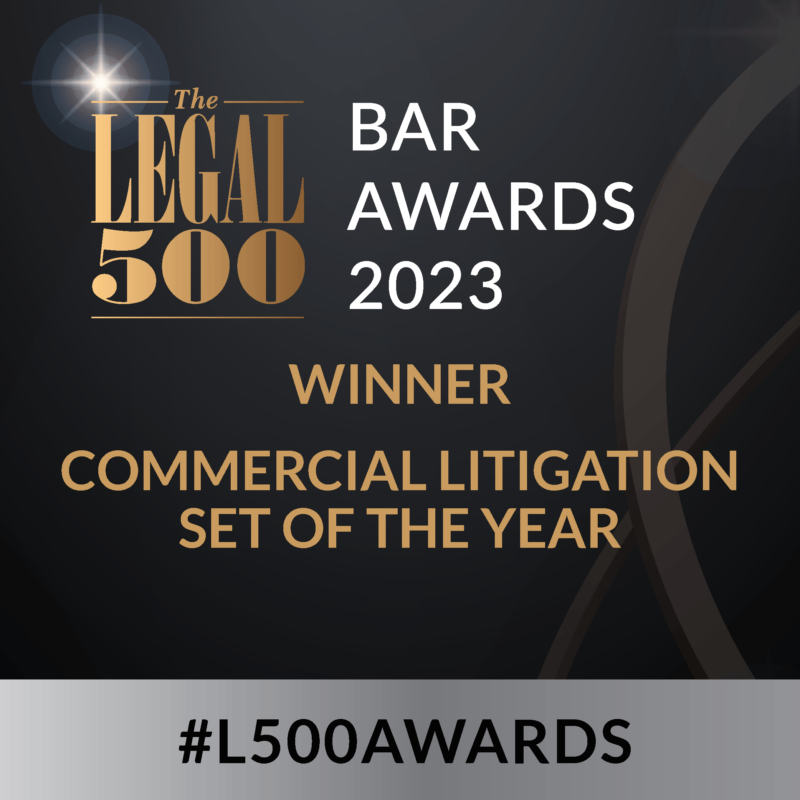Jamie Riley QC and James McWilliams successful in Court of Appeal decision on the construction of redacted contracts
On 14 July 2020, the Court of Appeal (Floyd, Henderson and Flaux LJJ) handed down judgment in Hancock v Promontoria (Chestnut) Limited [2020] EWCA Civ 907.
The basic issue on the appeal was whether the appellant, Mr Hancock, had shown a strong enough case to persuade the court to set aside a statutory demand requiring payment of a debt of several million served on him by the respondent, Promontoria.
The alleged debt represented the unsecured balance due under loans originally made to Mr Hancock by Clydesdale Bank PLC (trading as Yorkshire Bank) under a series of facility letters dated between November 2006 and December 2011. Promontoria’s case was that it had acquired title to the loans by assignment, and it was also the registered assignee of 21 legal charges over residential properties which Mr Hancock had originally granted to the Bank as security for the loans.
It was Mr Hancock’s case that there was a genuine triable issue about the title of Promontoria to the underlying debt. That argument depended on the fact that the version of the deed of assignment on which Promontoria had relied to found its title in its statutory demand in the evidence was heavily redacted. That meant, it was said, that it was not possible to properly construe the deed of assignment as passing title to the Bank’s rights against Mr Hancock to Promontoria.
The Court of Appeal dismissed Mr Hancock’s appeal, finding that Mr Hancock had not established a genuine triable issue on Promontoria’s title. That was because, insofar as there was any doubt about the redactions to the deed of assignment, they had been satisfactorily answered by the witness statement of Promontoria’s solicitor which left no room for speculation.
While the Court of Appeal dismissed Mr Hancock’s appeal, it did make clear that where a court was asked to resolve a question of construction of a document, the document should ordinarily be placed before the court as a whole. The case, however, provides useful guidance for practitioners as to when and how a contract redacted for confidentiality can nevertheless be relied upon even when its construction is in issue.
Jamie Riley QC and James McWilliams were instructed on the case by Tim Cooper at Addleshaw Goddard LLP.










